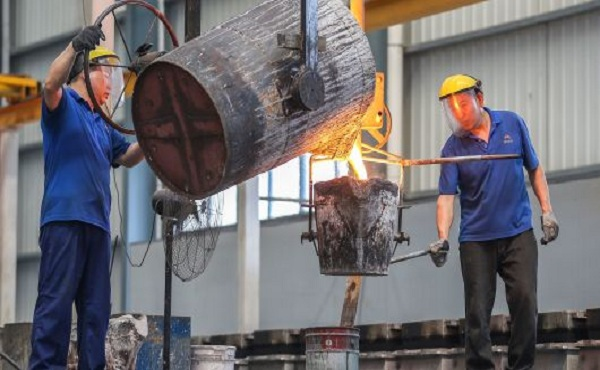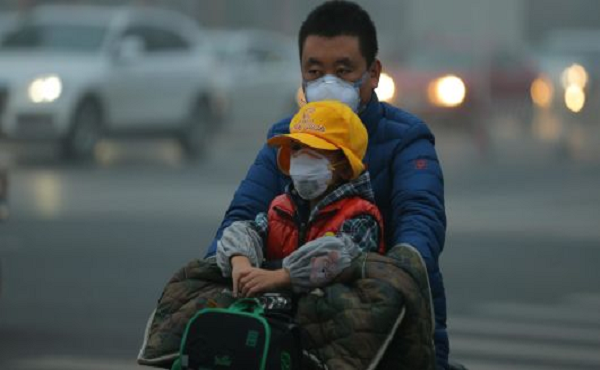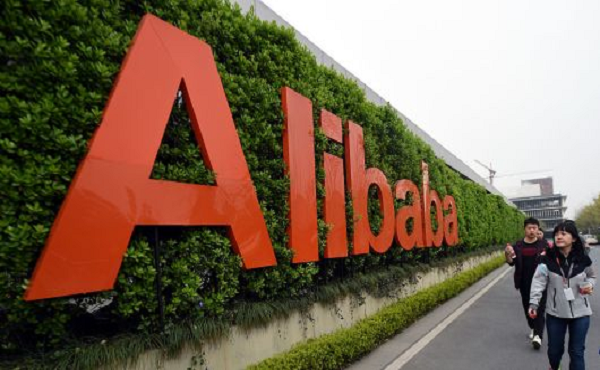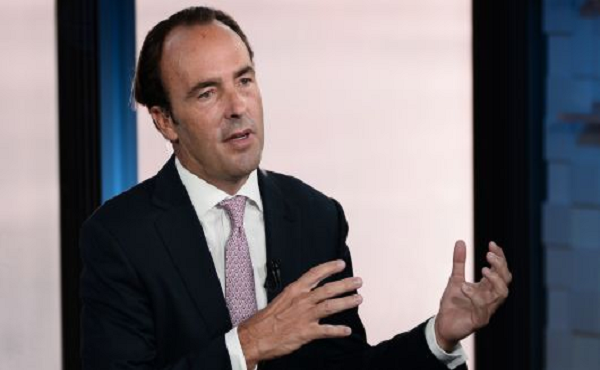Fortescue's CEO is seeing 'strong growth' in China's steel production
Amid concerns over the state of the Chinese economy, Australian mining company Fortescue is seeing robust steel production coming from the country, according to its CEO.
China is the world's largest steel making country. Data from the World Steel Association show the country increased its share of global crude steel production from 50.3% in 2017 to 51.3% in 2018.
Fortescue's comments followed the release of China's Purchasing Managers' Indexes for April on Tuesday, which showed the country's manufacturing sector growing slower than expected.

Amid concerns about the state of the Chinese economy, Australian mining company Fortescue is seeing robust steel production coming from the country.
"When it comes to China, what we've really seen, particularly in that first quarter, is strong growth in steel production," Elizabeth Gaines, CEO of Fortescue, told CNBC's "Capital Connection" on Tuesday.
China is the world's largest steel making country. Data from the World Steel Association show the country increased its share of global crude steel production from 50.3% in 2017 to 51.3% in 2018.
"Last year, China produced a record 928 million tons of crude steel and, in the March quarter, we saw that up 9.9%. We have been expecting based on discussions with our customers in China that steel production will grow around 3% to 4% ... this year," Gaines said.
Furthermore, iron ore inventories at Chinese ports have been reduced to 136 million tons — the lowest level since October 2017 — she said.
Looking ahead, the Fortescue exec said there could be "some slowdown" but the demand for seaborne iron ore has been "very strong."
Gaines' comments followed the release of China's Purchasing Managers' Indexes for April on Tuesday, which showed the country's manufacturing sector growing slower than expected.
The Caixin/Markit factory Purchasing Managers' Index for April was 50.2 — lower than the March reading of 50.8, and missing the 51 projected by analysts in a Reuters poll.
Results of the private Caixin survey came after China's National Bureau of Statistics released official manufacturing PMI for April, which fell to 50.1 from 50.5 in March. Analysts polled by Reuters had expected that indicator to stay at 50.5.
PMI readings above 50 indicate expansion, while those below that number signal contraction. The official PMI survey typically polls a large proportion of big businesses and state-owned enterprises, while the Caixin indicator has a larger mix of small- and medium-sized firms.
Earlier in April. Beijing reported better-than-expected economic growth for the first quarter of 2019. The GDP report said the world's second-largest economy grew 6.4 percent year-on-year in the first three months of this year, topping the 6.3 percent that analysts polled by Reuters had expected.





